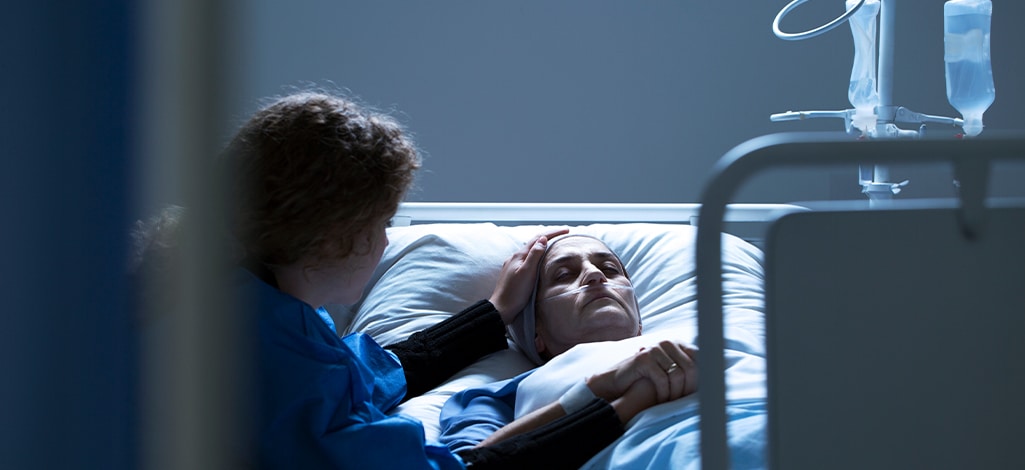On March 17, 2021, Bill C-7: An Act to amend the Criminal Code (medical assistance in dying) (“Bill C-7”) received Royal Assent. For more background on the case law that prompted Bill C-7, see our previous blog post on the topic.
The version of Bill C-7 that received Royal Assent amends the medical assistance in dying (”MAiD”) provisions of the Criminal Code as follows:
- Repeals the requirement that a person’s death must be reasonably foreseeable to be eligible for MAiD.
- Creates two distinct sets of safeguards – one where death is reasonably foreseeable and one where it is not – that must be respected before MAiD can be administered. The latter set of safeguards includes the following additional requirements:
-
- the medical or nurse practitioner administering MAiD must consult with another medical practitioner if the first practitioner does not have expertise on the condition of the person seeking MAiD; and
- 90 days must pass between a person first being assessed on the MAiD eligibility criteria and the day on which MAiD is administered to that person.
- Specifies that a person whose sole underlying medical condition is mental illness is not eligible for MAiD. However, this provision is set to be repealed on March 17, 2023.
- Permits MAiD to be administered to a person who has lost the capacity to consent, if death is reasonably foreseeable and if the person entered into an agreement with the medical or nurse practitioner consenting to MAiD before losing capacity.
- Permits MAiD to be administered to a person who has lost capacity to consent as a result of the self-administration of a substance provided by a medical or nurse practitioner for the purpose of MAiD. The person must have entered into an agreement permitting the practitioner to administer a subsequent dose of the substance prior to losing capacity.
- Requires only one independent witness to the signature of a person on their written request for MAiD. Previously two independent witnesses were required.
- Permits a person who provides paid health or personal care services to the person seeking MAiD to act as an independent witness to the person’s written request for MAiD.
For further inquiries on this topic and advice on planning issues related to medical assistance in dying, please contact a member of our Wills, Estates + Trusts Practice Group.



